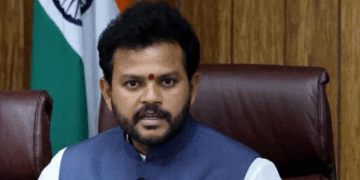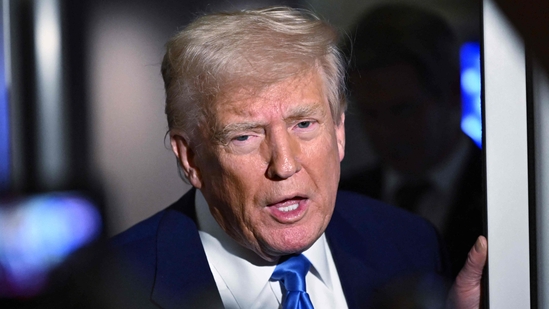In a move that has sent shockwaves through the immigrant community, the Trump administration has placed staff from three critical immigration oversight bodies—including the Office of the Citizenship and Immigration Services (CIS) Ombudsman—on a 60-day administrative leave. The Department of Homeland Security (DHS), which oversees immigration policy, announced the decision on March 21 as part of a broader effort to “streamline operations.” However, DHS has provided no clear explanation for how pending immigration cases will be addressed without these independent offices.
The affected bodies include the CIS Ombudsman, the Office for Civil Rights and Civil Liberties, and the Office of the Immigration Detention Ombudsman. All three play a vital role in monitoring the activities of agencies like the U.S. Citizenship and Immigration Services (USCIS), acting as independent watchdogs to ensure fairness and accountability in immigration proceedings.
This administrative shake-up has particularly alarmed Indian nationals living in the U.S. on H-1B and F-1 visas, as well as those awaiting green card approvals. These individuals frequently rely on the CIS Ombudsman to intervene in delayed or disputed visa cases, often when standard USCIS processes stall or fail. The office had earned a reputation for being an impartial body, assisting over 30,000 people annually—many from the Indian diaspora.
Legal experts and immigrant advocacy groups, including the American Immigration Lawyers Association (AILA), have criticized the decision, calling it a deliberate step toward dismantling neutral oversight and granting unchecked administrative power to immigration enforcement agencies. They warn that the absence of the Ombudsman could disproportionately affect skilled workers, students, and long-term immigrants from India and other countries.
In response to the suspension, affected individuals are being advised to take proactive steps:
-
Contact congressional representatives for assistance with delayed USCIS cases.
-
Seek legal advice from immigration attorneys to navigate new challenges.
-
Maintain thorough documentation of all communications with immigration authorities.
-
Opt for premium processing if available and financially feasible, to avoid extended delays.
Democratic lawmakers have also raised objections, pointing out that the suspension of the Office for Civil Rights and Civil Liberties violates statutory requirements mandating its existence. They argue that such abrupt administrative changes undermine transparency, fairness, and due process in the U.S. immigration system.
With the CIS Ombudsman’s future uncertain and growing pressure on visa holders, especially from countries like India, the Trump administration’s latest immigration decision could mark a turning point in how non-citizens interact with American bureaucracy—raising questions about the future of independent oversight in a system already under strain.








 India
India












